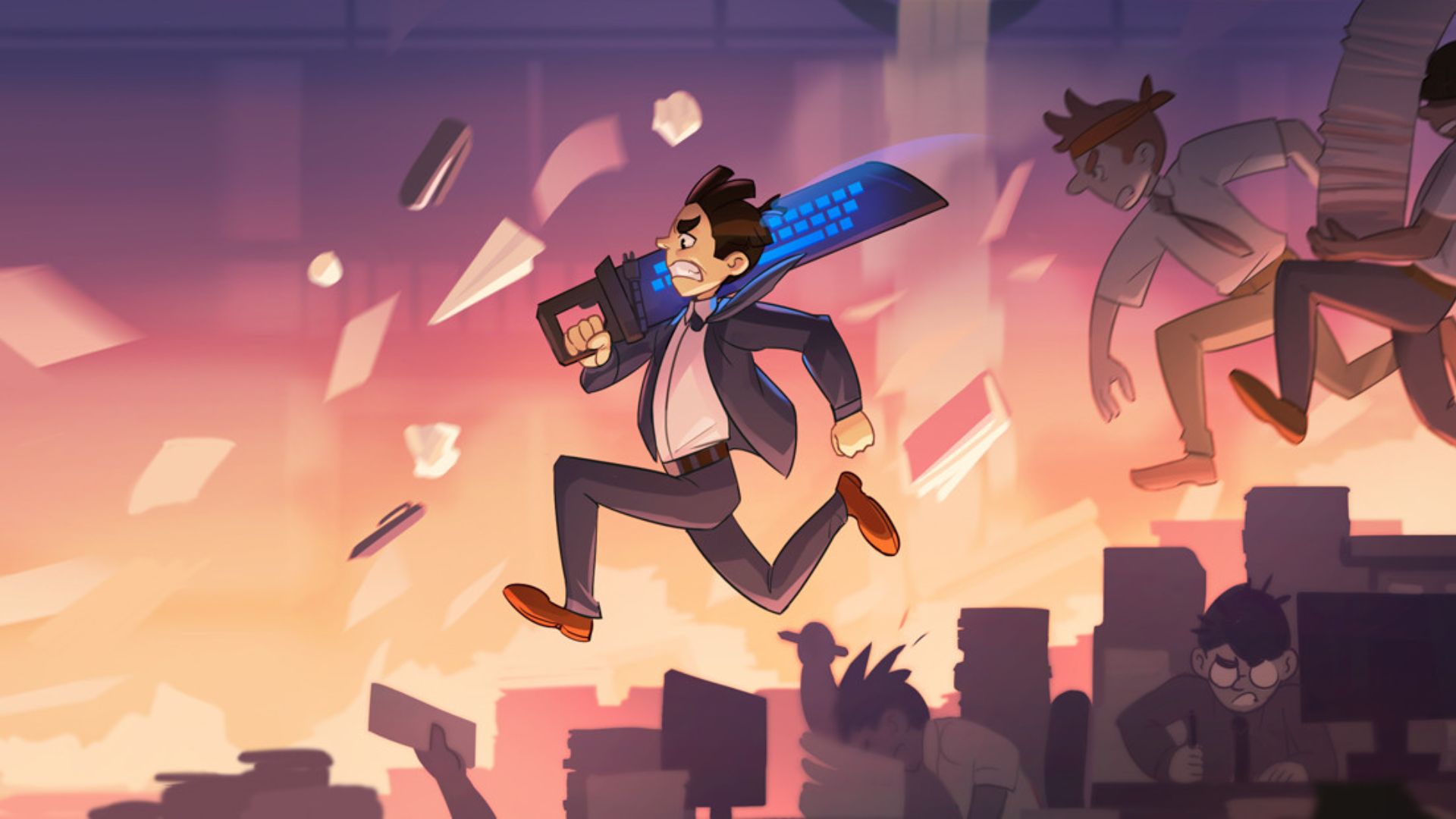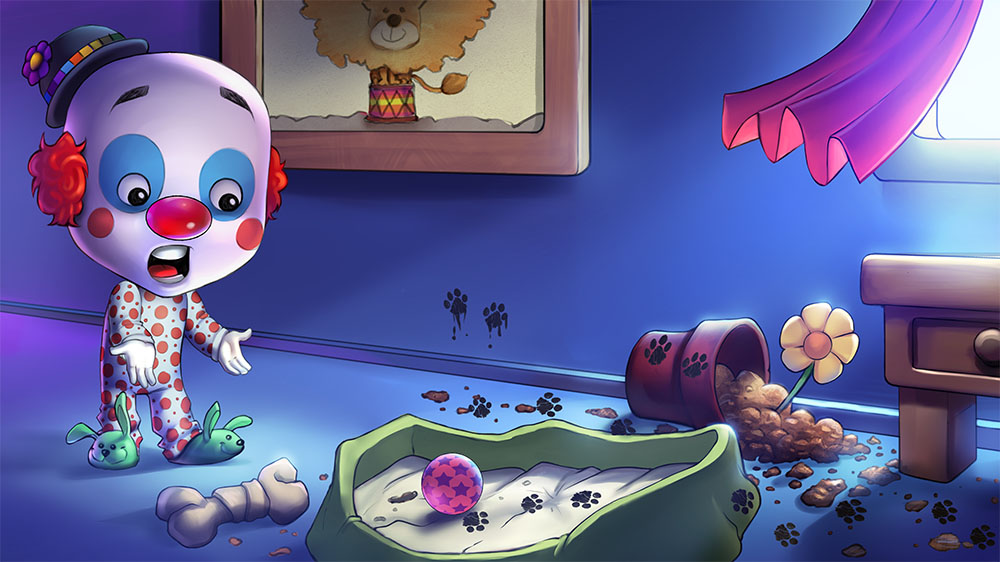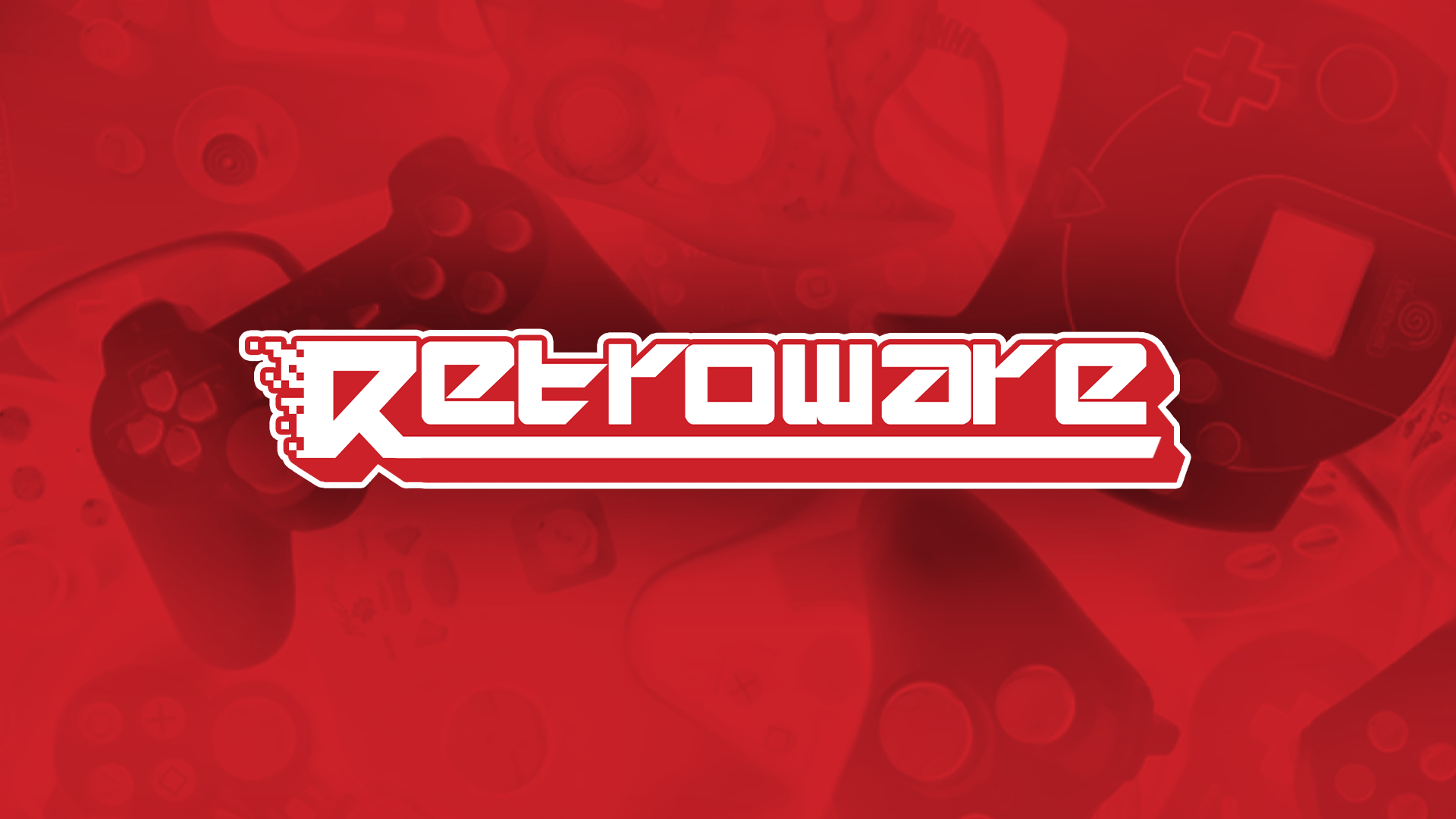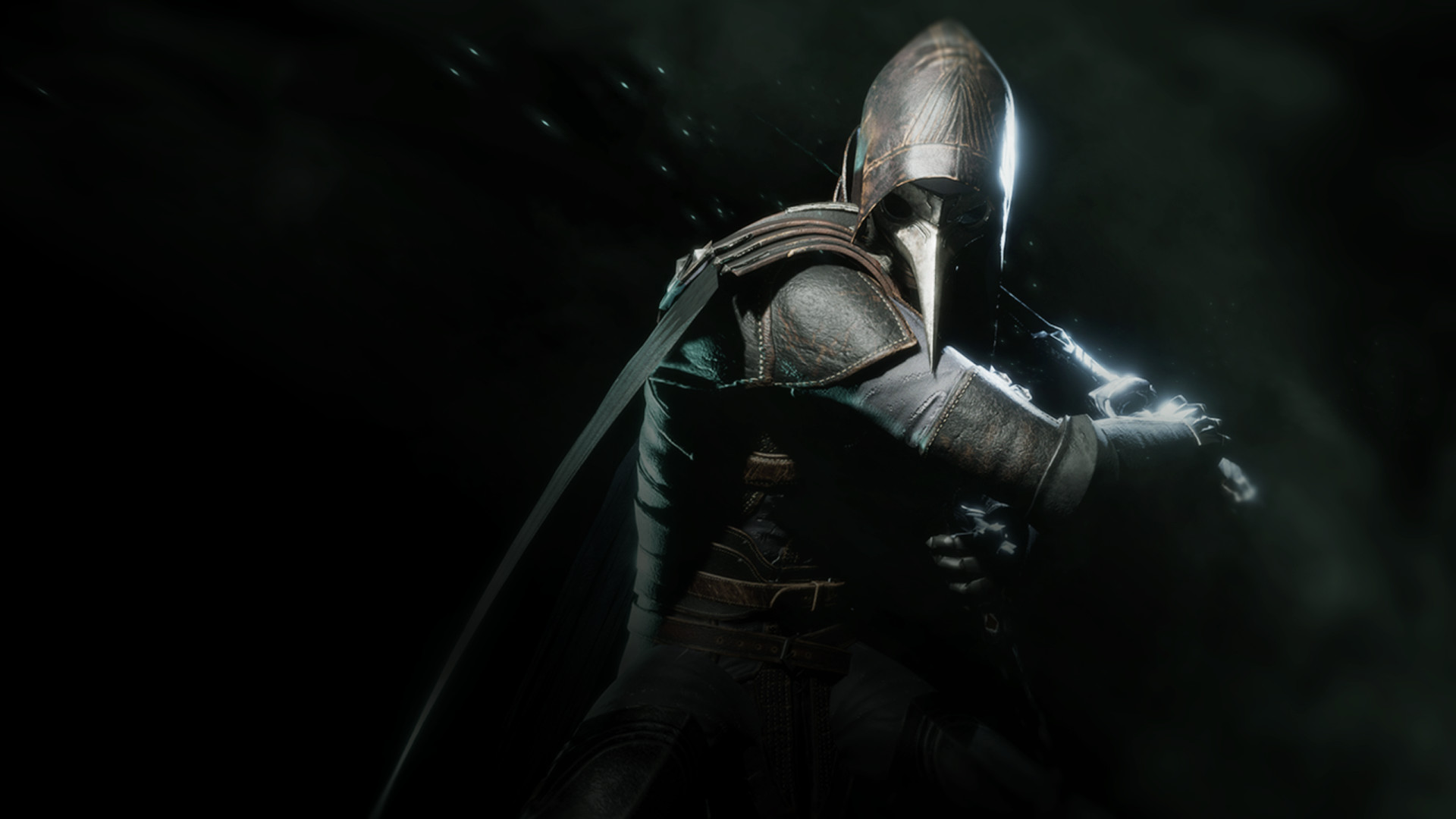Share
It’s a shame that only the best games seem to remain in our memories and appear in future conversations. I mean it makes sense to focus on the games that we had the most fun with I guess, but there are a lot of games that took up just as much of our time and space in our hearts that aren’t perfect or critically acclaimed. I’m obviously not talking about Croc: Legend of the Gobbos because that game holds all my affection. I’m talking about games like Akuji the Heartless and Scooby-Doo: Night of 100 Frights. Let’s get lost together and discuss games that sit in that sweet spot of “pretty good but not great.” There are games that captivate and flood the senses with joy that have issues but don’t deserve to be forgotten. Power Quest is one of those games.
Hidden Power
Power Quest is primarily a 2D fighting game but there are some light RPG elements that add variety and help make the experience feel more like a journey as opposed to a gauntlet. You play the role of an unnamed kid starting summer vacation and small remote control robots that battle each other are all the rage. You and your best friend Louis get wrapped up in beating down a local gang that hustles people for money by cheating in model battles before eventually going on to competing in the big local tournament. The story isn’t really the beat of the game’s heart; it ranges from fine to weird in some ways but it’s enough to carry the player through getting more powerful with their model which is ultimately one of the main hooks of the game.

The game’s heartbeat mostly lies within the combat, which is equal parts simple and complex at the same time, offering many options and abilities to mix, match, and tailor the gameplay experience to the player’s wants. It’s truly mesmerizing that Japan System Supply was able to do so much with such a limited amount of button inputs on a system like the Game Boy. The difficulty can feel overwhelming at times, but there are typically no consequences for losing battles. The game provides the player with a lot of time to learn the mechanics and move sets. The game even lets you swap out your model at the shop whenever you want, so you’re able to experiment with the available models to check them out and find out which one works best for your strategy. It’s almost necessary at times too since they have different abilities and strengths, making some battles easier if you approach them with a different model. There’s a lot of grinding too since most battles don’t yield a lot of cash and there are several parts available to upgrade the stats and attacks of each model, which all use their own specific parts.
The only thing that hits harder than the combat is the soundtrack, which is something that cannot be overstated. The game’s energy is reinforced with each note and something magical happens when punches and kicks line up with the music. The story may be forgettable at times but the tension and atmosphere are lifted higher by the soundtrack than a swift robot kick.
PASSION LOST TO TIME
Power Quest such an interesting game because it’s remarkably simple in so many ways but there are moments and sections where it just shines. It really feels like there was a lot of ambition and drive during the development that was broken up by the ever-present woes of capitalism and game development. The graphics and attention to detail during battles are masterful. It really feels like developer Japan System Supply had their development time cut short, or that they were simply forced to add elements that they weren’t originally wanting to include. Maybe they just wanted to make a badass robot fighting game with an upgrade screen but were pushed into adding a story, characters, and other aspects as a framework to market it more as an RPG. Whatever the reason, the game is almost more interesting as a result. It really reminds me of the Game Boy Color’s Pokemon Trading Card Game, which also had some weird staggered focus and detail across mechanics, story, and world-building.
Passion and ambition don’t always get the time they deserve during game development, though. Power Quest remains an interesting game that I wish was easier to play. It’s unfortunately only available on the original hardware or through emulation. Perhaps it’ll be added to Nintendo Switch Online if and when Game Boy games get added. I’d love to see it get the remake treatment by a new developer that expands on its core concepts. Power Quest reimagined with SNES style graphics and either an improved story or removed story with added characters, abilities, and upgrades would be a dream release for me.

Two years after Power Quest was released, developer Japan System Supply unfortunately shut its doors and faded into obscurity. They weren’t even given credit for making the game until Sunsoft published the game in North America. It’s a shame that the game only lives in the memories of those that played it at release, as it deserves better. The time is right too; it’s been over 20 years since its release and fighting games have only grown in popularity. The world is ready for more Power Quest.




